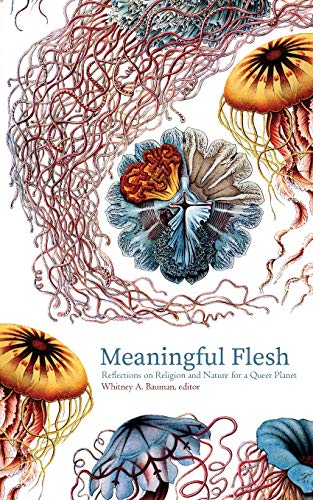

Most ebook files are in PDF format, so you can easily read them using various software such as Foxit Reader or directly on the Google Chrome browser.
Some ebook files are released by publishers in other formats such as .awz, .mobi, .epub, .fb2, etc. You may need to install specific software to read these formats on mobile/PC, such as Calibre.
Please read the tutorial at this link: https://ebookbell.com/faq
We offer FREE conversion to the popular formats you request; however, this may take some time. Therefore, right after payment, please email us, and we will try to provide the service as quickly as possible.
For some exceptional file formats or broken links (if any), please refrain from opening any disputes. Instead, email us first, and we will try to assist within a maximum of 6 hours.
EbookBell Team

4.4
92 reviewsIn part, the blinders to queer theory on the part of eco-thinkers (religious or otherwise) are similar to the blinders eco-thinkers have when it comes to postmodern thought in general: namely, if there are no absolute foundations, how does one create an environmental ethic and a “nature” to save? For this reason and many others, this volume on religion, nature, and queer theory is groundbreaking. Though these essays span many different disciplines and themes, they are all held together by the triple focus on religion, nature, and queer theory.
Each of these essays offers a unique contribution to the intersection of religion, nature, and queer theory, and all of them challenge strict boundaries proposed in religious rhetoric and many discourses surrounding “nature.” Carol Wayne White’s essay draws from a queer reading of James Baldwin to develop an African American religious naturalism, which highlights humans as polyamorous bastards. Jacob Erickson’s essay examines Isabella Rossellini’s “Green Porno” and Martin Luther’s work to develop an irreverent theology. Jay Johnston draws from personal relationships with his late dog, and Master/Pup fetish-play to blur the boundaries between humans and other animals, specifically within ethical and theological discourse. Whitney Bauman reflects on how the very processes of globalization and climate change queer our identities and call for a queer and versatile planetary ethic. Finally, Timothy Morton leads us through a reflection on queer green sex toys to challenge the ontology of agrologistics. Each of these essays in their own way is concerned with fleshing out more meaningful encounters with the planetary community. Without being too ambitious, we hope that these sets of essays will help to open up a new trajectory of conversations at the intersection of religion, nature, and queer theory.